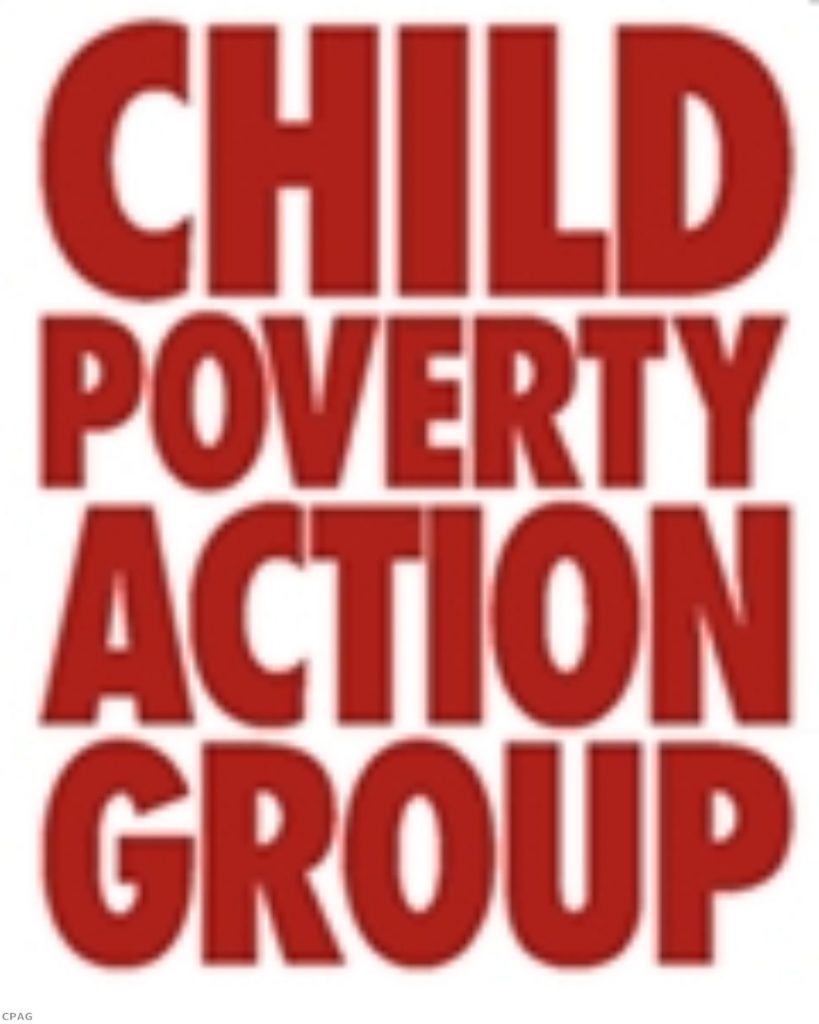CPAG: Government must not airbrush poverty pay out of the picture
A speech today on the causes of child poverty by Work and Pensions Secretary, Iain Duncan Smith, made no mention of his department’s evidence that in-work problems like low wages and low hours are a factor in the majority of child poverty cases. Alison Garnham, Chief Executive of Child Poverty Action Group, said:
“Now is not a time to airbrush the main causes of child poverty out of the picture and move the goal posts. With 5 million people paid less than the living wage, it is no surprise that official figures show children are much more likely to be in poverty because they have a parent who is a security guard, care worker or cleaner than a drug addict.
“The urgent problem today is the growing number of families making the difficult choice between heating and eating, resorting to food banks, or getting sucked into the spiral of rent arrears, pay day loans and debt. A central focus on family incomes has to remain, alongside a step change in government strategy on living wages, affordable housing and affordable childcare so that more families can balance their budgets and give their kids decent life chances.
“It’s right that the government focuses on the damage that parental addiction can do to children, but a mistake to mix that up with poverty when it only affects a small minority of families living below the poverty line. We hope that Ministers are not about to use push-polling as the basis of policy changes, rather than taking a robust evidence-based approach. Addiction sadly affects wealthy families too, so policies for addiction must give help wherever it is needed if we are to protect all the children at risk.”
ENDS
Notes to Editors
· DWP conducted polling of the public offering them a menu of choices for factors that are important in deciding if a child is in a family affected by poverty. Having a parent on low pay was not offered in the menu of choices. This type of polling indicates that in families where drug addiction is a factor, members of the public believe it can be highly important in explaining the family’s financial situation. However, this type of polling does not indicate that the public thinks that where a family is below the poverty line, they are usually drug addicts.
· The DWP publishes annual statistics from a major research project called Households Below Average Incomes, which shows that 60% of children living below the poverty line are in a household in which at least one adult is in work. This indicates the prevalence of issues such as low pay and underemployment as key root causes of the UK’s high rates of child poverty (See table 4.3db on page 112: http://research.dwp.gov.uk/asd/hbai/hbai2011/pdf_files/full_hbai12.pdf)
· Recent research by KPMG shows that there are around 5 million workers who are paid less than a living wage – that is one out of every five UK workers.
· The evidence-base also shows that housing costs are another root cause of child poverty. Official figures published by DWP in the Households Below Average Incomes report for 2010/11 show that there are 2.3 million children in relative income poverty when measured before housing costs, but there are 3.6 million children living in relative income poverty when measured after housing costs.
· Lack of access to affordable childcare also prevents progress on child poverty reduction as it makes it harder for parents to access work. Research by the Daycare Trust shows how expensive childcare has become for UK parents.
· CPAG is the leading charity campaigning for the abolition of child poverty in the UK and for a better deal for low-income families and children.
· CPAG is the host organisation for the Campaign to End Child Poverty, which has over 150 member organisations and is campaigning for public and political commitment to ensure the goal of ending child poverty by 2020 is met.
For further information please contact:
Tim Nichols
CPAG Press Officer
Tel. 020 7812 5216 or 07816 909302
tnichols@cpag.org.uk
www.cpag.org.uk





-01.png)